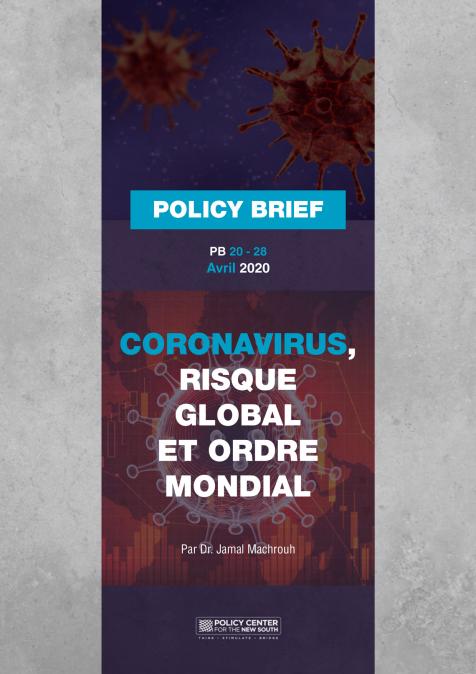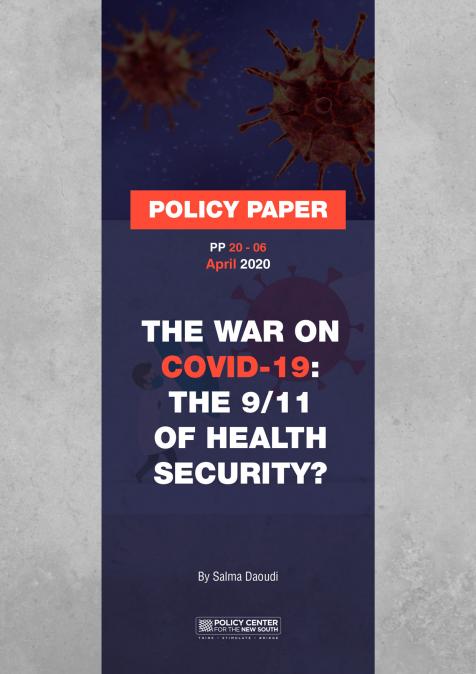Publications /
Opinion
When Argentina’s President Alberto Fernandez tested positive for COVID-19 on his 62nd birthday, April 2, 2021 it might not have seemed unusual when there have been almost 200 million cases worldwide. But the leader of Argentina received two doses of the Russian vaccine Sputnik V, on January and in February 2021, a virus terminator advertised by Moscow as potent like almost no other on the globe, with an efficiency rate given by Russia’s Gamaleya Institute at 96.1%. The risk of infection should be minimal for those vaccinated with it.
Argentina’s President has recovered, yet Moscow’s PR nightmare continues. Headlines were splashed on the local news media, when, on December 24, 2020 containers of Sputnik V were unloaded at Ezeiza Airport in Buenos Aires, the first delivery of 30 million doses. However, only 9.3 million first jabs, and only 2.4 million second shots, were received. Seven months later, in July 2021, Argentina complained publicly to Moscow about delays and breach of contract. The Latin American nation fears infections driven by the highly contagious Delta variant of the coronavirus, supposedly not yet circulating in Argentina. In its containment battle, Buenos Aires has also introduced the Astra Zeneca and the Chinese Sinopharm vaccines, and recently received a U.S. donation of Moderna, but, in total, just about 17 million Argentinians (out of 44 million) have received a first jab, and fewer than six million have received two vaccinations. Moscow explained the delay on “production problems”, and said new deliveries would be made as soon as possible.
For the Russians urgency is required. Sputnik V was first offered to the world on August 11, 2020. Vladimir Putin pulled up his sleeve and accepted the first jab. Moscow seeks to convey the impression that its medical science is prevailing over the West’s, according to Michael Leigh (April 27, 2021) of the Brussels-based think tank Bruegel, “despite low vaccination rates in Russia’s 146 million population itself” (and about 158,000 COVID-19 deaths at time of writing). The BBC reported (May 6, 2021), that Sputnik V “late stage trials have found it offers high level of protection against COVID-19”. In May, UNICEF signed a supply agreement with Moscow: 220 million doses of Sputnik V, to be delivered this year. Putin declared three months ago in a video conference with the deputy prime minister Tatyana Golikova that his nation’s vaccine is “as reliable as Kalashnikovs” (BBC, May 6, 2021).
‘Pandemic Savior’
Sputnik “is the image of Russia the Kremlin wants to project”, wrote Valentia Lares, managing editor of Armando.info (IPS Interpress Service, May 7, 2021). “Far from the authoritarian, bellicose, annexationist Moscow, that poisons its domestic political opponents and interferes in its rivals elections, Sputnik cast Russia in the role of scientific superpower and pandemic savior,” according to Lares. “While we were not looking, Russia’s Sputnik V became the cornerstone of pandemic response for the developing world. The vaccine offers a unique chance to launder Russia’s reputation”. Madrid-based Lares is convinced that the Sputnik V jab “is about more than image. It’s a calculated campaign to increase the Kremlin’s power and influence through a global scientific, diplomatic and media influence operation”. Planeloads of Russian vaccines have landed in Armenia, Laos, Israel, Mexico, Serbia, Peru, Colombia. The Hungarian Foreign Minister, Peter Szijjarto revealed in March 2021 that he was the first citizen in his nation vaccinated with Sputnik V. Tunisia has been offered 30,000 doses by Moscow and the African Union received an offer, without confirmed delivery dates, of 300 million doses from Russia, which had already signed agreements to produce tens of millions of doses in China, Brazil, and Iran. First in line, Lares reported, “have been Moscow’s longtime allies typically led by autocrats like Nicolas Maduro of Venezuela”. Meanwhile, “the west stumbles on getting vaccines to the developing world” and has left “a leadership vacuum that Russia is determined to exploit”.
“The vaccines underline the anti-Western bloc’s scientific prowess”, according to Felix Arellano, a professor of International Relations at the Universidad Central de Venezuela in Caracas quoted by Lares. “Ideology demands it be portrayed as greater than the West’s. Russia’s posture, in offering up highly effective vaccines at a low price for countries like Venezuela, is media driven. It’s how Russia and its allies seek to show that authoritarian governments can also grow in the scientific realm, that it’s possible to grow without democracy”. Despite numerous sanctions, because of fundamental disagreements on foreign policy, such as the conflict in Ukraine, the occupation of the Crimea, and the imprisonment of democratic opposition leaders, the Sputnik vaccine is gaining increasing acceptability in Europe. Even the conservative leader of German state Bavaria has announced a preliminary purchase order for 2.5 million doses of Sputnik V.
Bruegel author Michael Leigh noted that Germany’s Angela Merkel, and the French President Emmanuel Macron communicated about possible joint production of the Russian vaccine. Pierre Viment, former French diplomat and Senior Fellow of Carnegie Europe, is certain that the Putin administration is “enjoying this, let’s not be fooled. The use of vaccines by Russia and by China is a diplomatic instrument, a tool for soft power. Playing EU member states off against each other is naturally important to Russia”. Or, as an Eastern European diplomat confided off the record to Brussels-based BBC correspondent Kevin Connolly (April 17, 2021) Sputnik diplomacy, is “potentially the most powerful tool of soft power that Moscow has had in its hands for generations”.
The opinions expressed in this article belong to the author.




